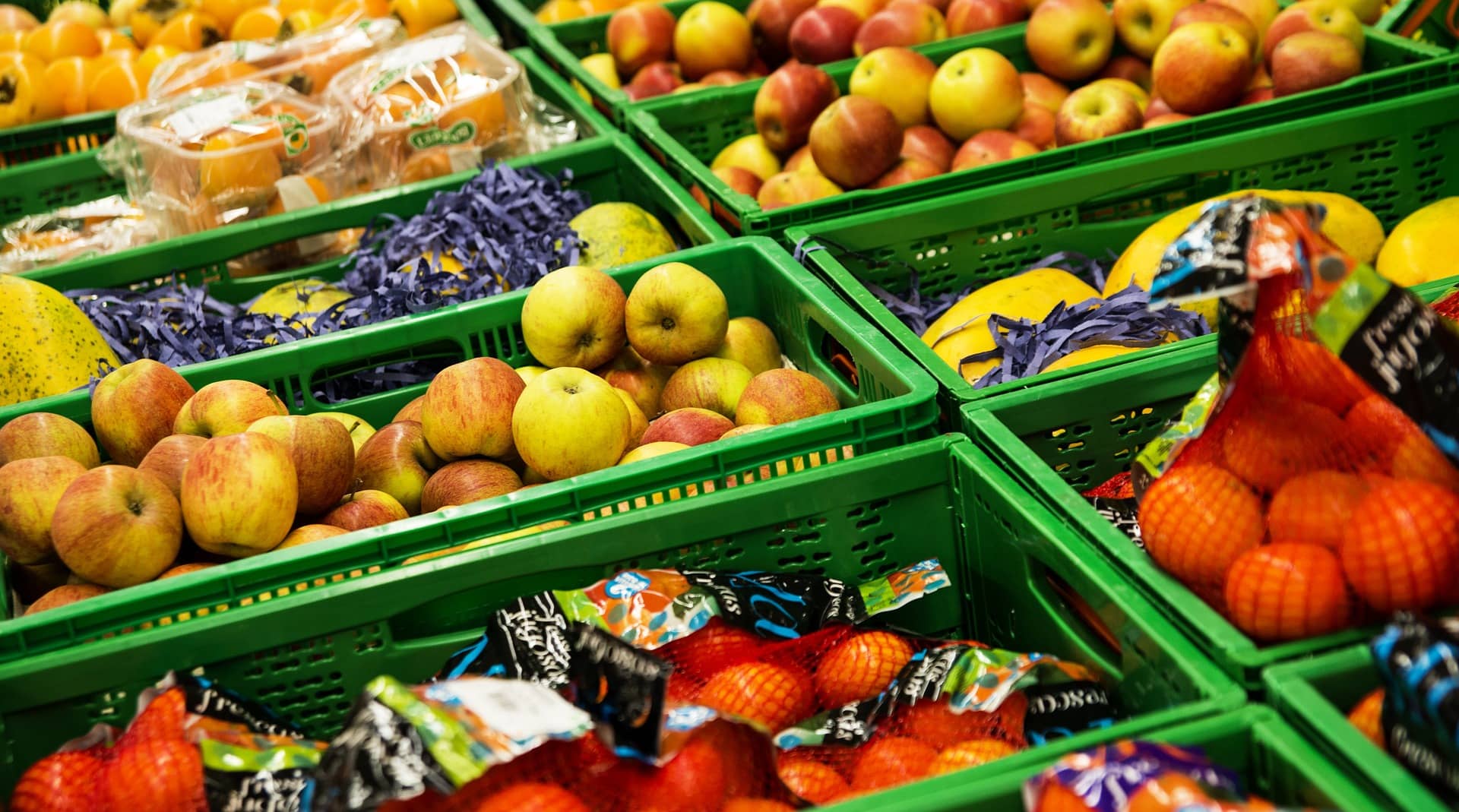
As we navigate a world increasingly concerned about sustainability, health, and innovation, one question looms large: will lab-grown food become the new standard on our grocery shelves? With recent advancements in regulatory support, consumer acceptance, and environmental benefits, lab-grown products are poised to reshape our food landscape. Let’s explore how these factors are driving the transformation of our diets:
Regulatory support
In a shift towards acceptance, recent government initiatives have aimed at fast-tracking the testing of lab-grown meats. The Food Standards Agency (FSA) has announced a £1.6 million grant from the Department for Science, Innovation & Technology to fund a new “sandbox” programme. This initiative will support a dedicated team to gather rigorous scientific evidence on cell-cultivated products (CCPs) and the technology behind them. As government boosts the development of lab-grown food, it may unintentionally overshadow traditional agriculture and local farming, impacting cultural heritage and community ties. This raises an important question: how can we embrace innovation while still honouring our connection to the roots of natural produce?
Growing consumer acceptance
The taste for lab-grown food is on the rise, especially amongst the younger generation who are prioritising sustainability and making ethical choices. The Food Standards Agency has conducted a 2022 survey revealing that a third of consumers are open to trying lab-grown meat, signalling a shift in how we think about our food sources. This growing acceptance hints that lab-grown alternatives could soon go from trendy niche products to household staples.
Environmental advantages
Lab-grown food brings significant environmental benefits that are hard to ignore. By reducing land use, lowering greenhouse gas emissions, and decreasing water consumption, these products align well with the increasing consumer demand for sustainable food options. As shoppers become more conscious of their environmental impact, lab-grown alternatives present a compelling solution that addresses both ethical and ecological concerns. Although Lab-grown food may boast environmental benefits, it risks sidelining the rich biodiversity and ecosystem health fostered by traditional farming. Practices like crop rotation and livestock grazing enhance soil quality and resilience, proving that nurturing land can be just as crucial as technological innovation!
The future of food shopping
As we stand on the brink of a food revolution, it’s clear that the grocery shopping experience is evolving. Lab-grown foods, backed by government support and embraced by a growing number of consumers, are set to take centre stage. The potential for innovative products, combined with significant environmental benefits, positions lab-grown food as a desirable alternative that may soon outshine traditional produce. That said, it’s important to place value on the rich heritage and ecological benefits of traditional farming practices as we navigate this changing landscape.
The journey toward a more sustainable and innovative food system is just beginning, and it promises to transform how we think about our plates.
Could you see yourself trying lab-based food products? Let us know what you think of this technological development for the food industry by dropping us a message via our social channels or contact page.